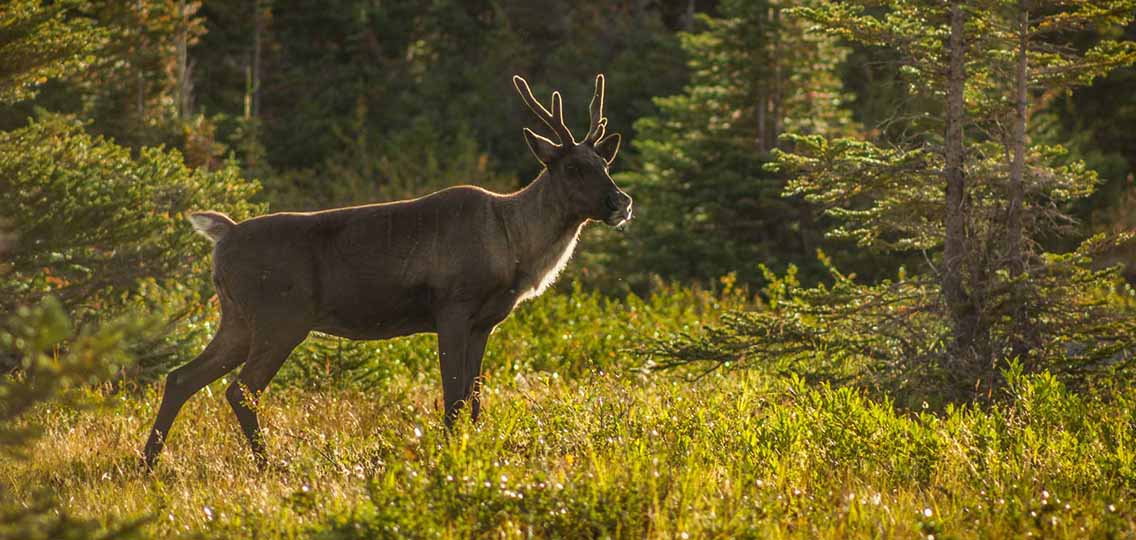CALGARY — Parks Canada’s approval of a controversial concept proposal to build overnight commercial accommodations at Maligne Lake in Jasper National Park must be struck down because it violates the park’s management plan, conservation groups said today.
Ecojustice lawyers, representing the Canadian Parks and Wilderness Society (CPAWS) and Jasper Environmental Association (JEA) have filed a Federal Court case in an effort to quash the approval and protect Canada’s national parks from renewed commercial development pressures.
“This concept proposal requires the release of new lands for overnight commercial accommodations, in this case, up to 15 tent cabins. This directly contravenes Jasper National Park’s management plan,” said Fraser Thomson, Ecojustice staff lawyer. “This approval is, in our clients’ view, unlawful and sends a troubling signal about Parks Canada’s commitment to the ecological protection provisions within its own management plan.”
Although the 2010 Management Plan for Jasper National Park of Canada explicitly prohibits new land being released for overnight commercial accommodations outside of the Jasper town site, Parks Canada says it intends to change the plan to allow the commercial tent cabin proposal to go ahead at Maligne Lake. According to Parks Canada’s own policies, management plans are “commitments to the public from the Minister [of Environment].” They are prepared in consultation with the public and give Canadians a say in how national parks are governed, acting as the mechanism by which ecological integrity is considered during decision-making.
“The policies prohibiting new commercial accommodations outside park town sites were put in place specifically to limit commercial development and protect our parks’ ecological integrity,” said Alison Ronson, executive director of CPAWS’ Northern Alberta chapter.
“It sets a troubling precedent if Parks Canada can change the rules based solely on commercial pressures. It opens the floodgates to more development throughout our Rocky Mountains national parks, and does not reflect the public interest in protecting our parks for future generations.”
The concept proposal would also put park wildlife, in particular the endangered Maligne caribou herd and local grizzly bear populations, at greater risk.
“Overnight accommodations at Maligne Lake would bring increased foot and vehicle traffic to the area at night and in the early mornings when wildlife is most active,” said Jill Seaton, chair of the JEA. “This presents both ecological and safety concerns because Maligne Lake is within the habitat of an endangered caribou herd and is part of an important grizzly bear corridor.”
The Maligne caribou herd has dwindled to just four individuals — one female and three males. Both the caribou and grizzly bear are sensitive to human use and development within their habitat, and rely on undisturbed tracts of land to survive and recover.

